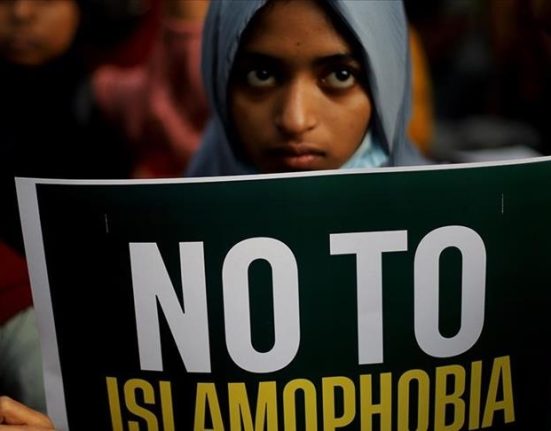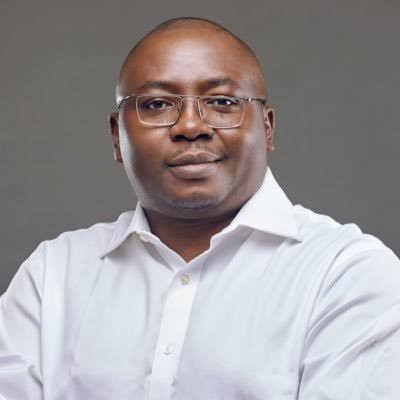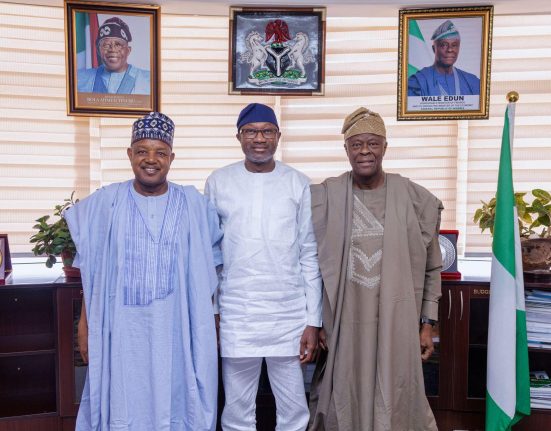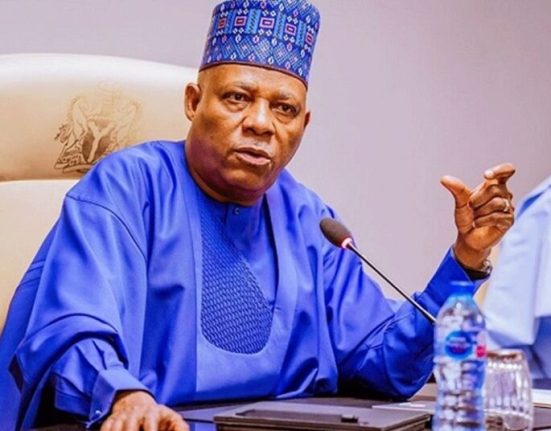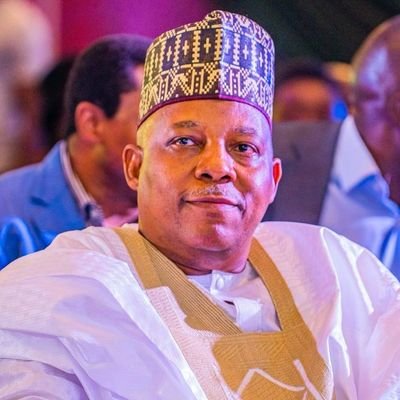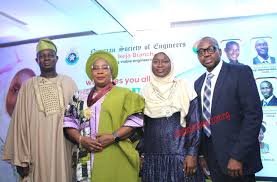With political realignments intensifying ahead of the 2027 general elections, the Independent National Electoral Commission (INEC) has confirmed receiving 91 applications for the registration of new political parties.
The development has sparked mixed reactions across Nigeria’s political landscape, with opposition parties debating the implications of the influx of new party applications.
While the Peoples Democratic Party (PDP) sees it as a lack of unity among opposition leaders, the New Nigeria Peoples Party (NNPP) considers it evidence of the ruling All Progressives Congress (APC)’s failure. However, the Labour Party (LP) welcomed the development, urging INEC to scrutinize all applications carefully before granting approval.
The APC, on the other hand, dismissed the surge in applications as an attempt by former Vice President Atiku Abubakar to manipulate the political scene, expressing confidence in its chances for reelection in 2027.
INEC Denies Claims of Registration Obstruction
The announcement comes amid allegations from opposition groups, who accuse INEC of intentionally delaying the registration process to limit competition in the upcoming elections.
A key figure in the opposition coalition, Salihu Lukman, a former National Vice Chairman of the APC (North-West), expressed concern that some existing political parties might be deregistered for failing to meet electoral thresholds.
He stated, “The challenge of negotiating political party structures has been a major issue for opposition groups for over a year. Despite several applications, INEC appears to be frustrating the process for reasons best known to them.”
INEC, however, dismissed these claims, stating that none of the 91 applications have been rejected so far.
In an interview with KIIN360, Victoria Eta-Messi, INEC’s Director of Voter Education and Publicity, said, “No application has been rejected. We have received 91 as of today.”
Opposition Parties Divided Over New Registrations
While some opposition leaders view the influx of party applications as a sign of disunity, others argue that it expands political participation and strengthens democracy.
The PDP’s Deputy National Youth Leader, Timothy Osadolor, criticized the effort, stating that opposition leaders should focus on unity rather than registering multiple parties.
“You don’t need 500 political parties or even five to defeat the APC. What you need is one strong, formidable opposition platform. These 91 applications won’t solve Nigeria’s problems. Instead, the opposition should consolidate its efforts into a single, more effective political force.”
In contrast, Ladipo Johnson, National Publicity Secretary of the NNPP, described the influx of applications as an indictment of the APC’s governance and an opportunity for the opposition to strengthen its ranks.
“We welcome more political participation,” Johnson said. “The increasing number of political groups signifies growing dissatisfaction with the ruling party and may encourage greater collaboration within the opposition.”
Similarly, the Labour Party’s National Publicity Secretary, Obiora Ifoh, stated that it is within the rights of political associations to seek formal registration, arguing that INEC should allow democracy to thrive.
“At one point, Nigeria had nearly 100 political parties. It is not a threat to any existing party,” Ifoh stated. “As long as they meet the necessary requirements, INEC should register them.”
Coalition Talks and Political Realignment
The rush to register new parties comes just days after PDP’s Atiku Abubakar, Labour Party’s Peter Obi, and former Kaduna State Governor Nasir El-Rufai announced a coalition aimed at unseating President Bola Tinubu in 2027.
Analysts suggest that while the coalition seeks to present a united front, the emergence of multiple new parties could complicate opposition efforts to challenge the APC effectively.
However, Mark Adebayo, National Spokesperson for the Coalition of United Political Parties (CUPP), argued that limiting political parties would be detrimental to democracy.
“In advanced democracies like the UK and US, there are hundreds of registered political parties. INEC should not limit political participation but allow the democratic process to take its course,” he stated.
With 91 applications pending, INEC is expected to begin the screening process to determine which groups meet the legal requirements for registration. Meanwhile, opposition leaders continue to negotiate coalition strategies, seeking the best path forward ahead of the 2027 elections.


